A GBR file is a type of file used to store printed circuit board (PCB) design data. It is an open, ASCII, vector format that is supported by most PCB design software.
GBR files contain information about the board’s copper layers, solder mask, legend, drill data, and other features.
PCBs are used in a wide variety of electronic devices, from smartphones to laptops to medical equipment. The GBR file format is essential for the manufacturing of PCBs, as it provides the information that the manufacturer needs to know in order to create the board.
In this article, we will take a comprehensive look at GBR files. We will discuss what they are, how they are used, and how to open and create them. We will also provide some additional resources for learning more about GBR files.
What is the Gerber format?
The Gerber format is a text-based format that uses ASCII characters to represent the different features of a PCB design. The format was developed by Gerber Systems Corp. in 1980, and it has since become the de facto standard for PCB design data exchange.
GBR files are made up of a series of commands that tell the manufacturer how to create the PCB. Each command specifies the type of feature to be created, its location, and its size. For example, a command might specify that a copper layer should be created at a certain location and that it should be a certain thickness.
What are the different types of Gerber files?
There are several different types of Gerber files, each of which contains information about a different aspect of the PCB design. The most common types of Gerber files are:
Gerber image file (G): This file contains the image of the copper layers of the PCB.
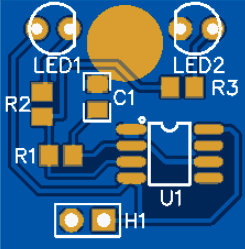
Gerber drill file (D): This file contains the information about the drill holes in the PCB.
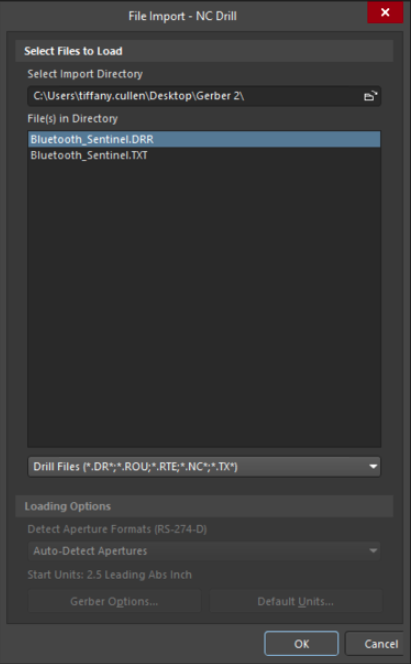

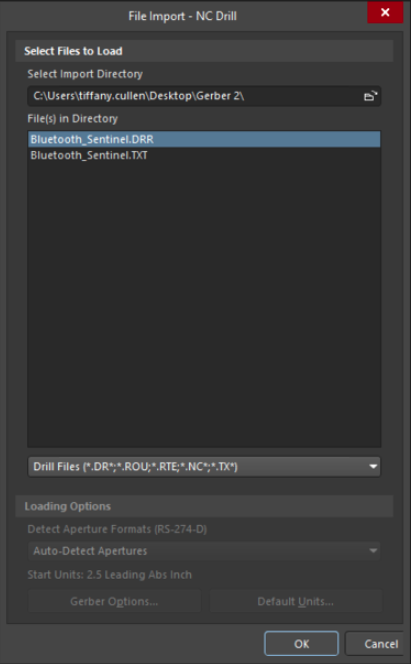

Gerber solder mask file (S): This file contains the information about the solder mask layer of the PCB.
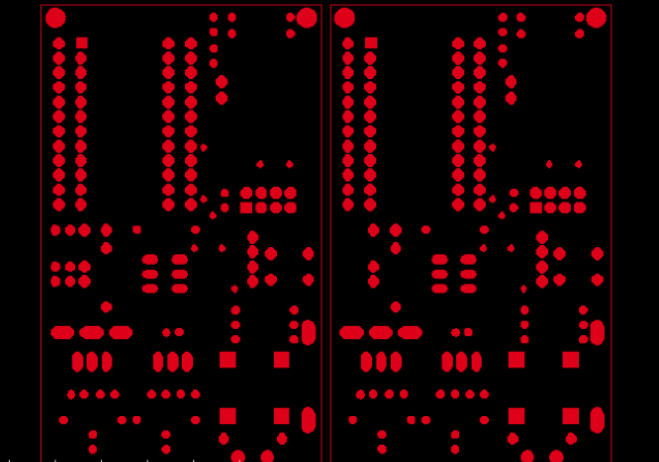

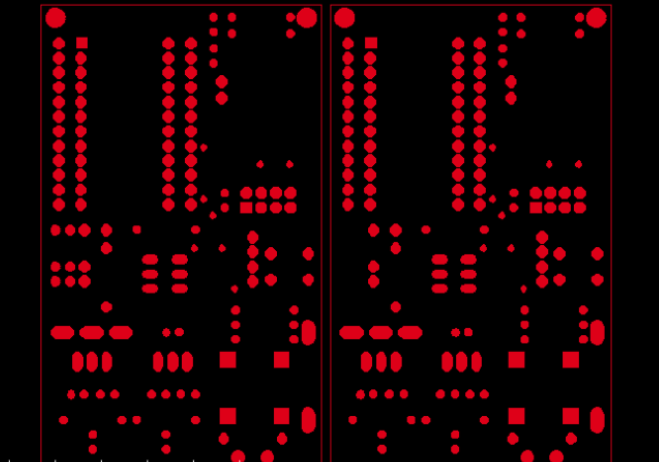

Gerber aperture file (A): This file contains the information about the drill tools that will be used to create the drill holes in the PCB.
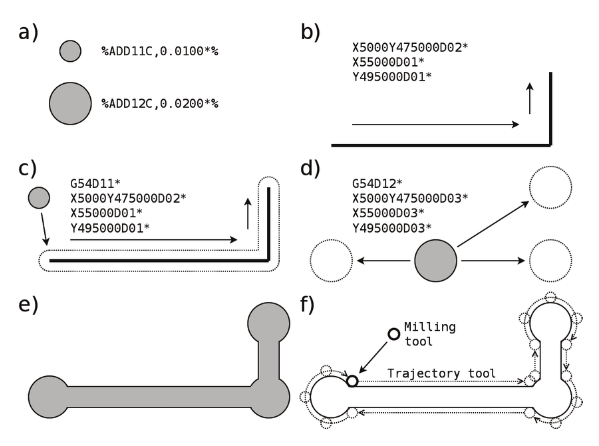

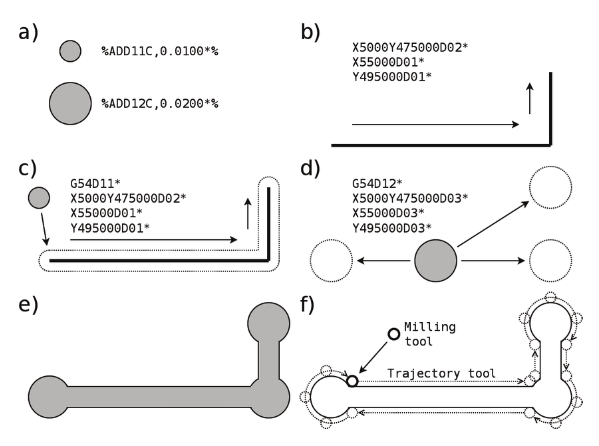

How are Gerber files used?
Gerber files are used by PCB manufacturers to create the physical PCBs. The manufacturer will use a machine called a photoplotter to transfer the information from the Gerber files to a piece of photosensitive film. The film is then used to create a metal mask, which is used to etch the copper layers of the PCB.
In addition to being used by PCB manufacturers, Gerber files can also be used by PCB designers to check the accuracy of their designs.
There are a number of software programs that can be used to open and view Gerber files. These programs can be used to zoom in on the files and to measure the dimensions of the features.
How to open a GBR file?
There are a number of software programs that can be used to open and view Gerber files. Some of the most popular programs include:
Gerbv: This is a free and open-source software program that can be used to view and edit Gerber files.
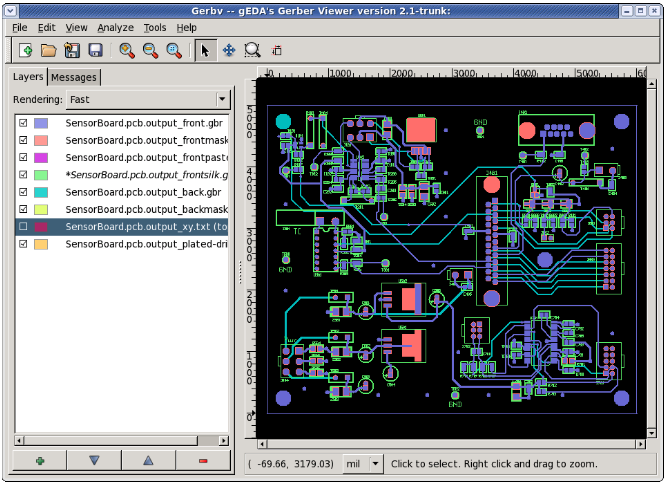

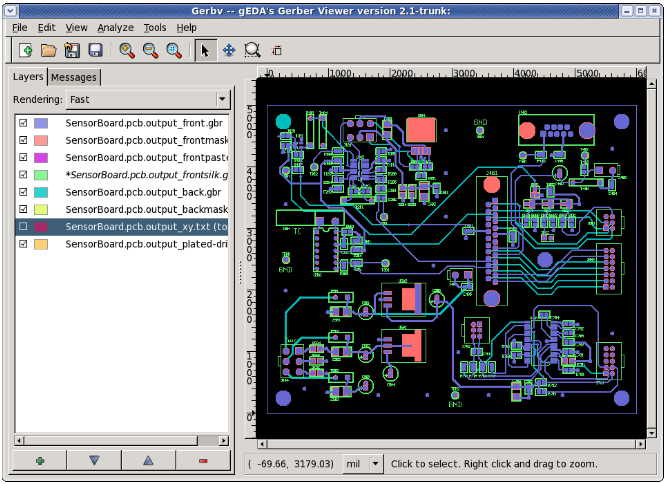

KiCad: This is a free and open-source PCB design software program that can be used to create and view Gerber files.
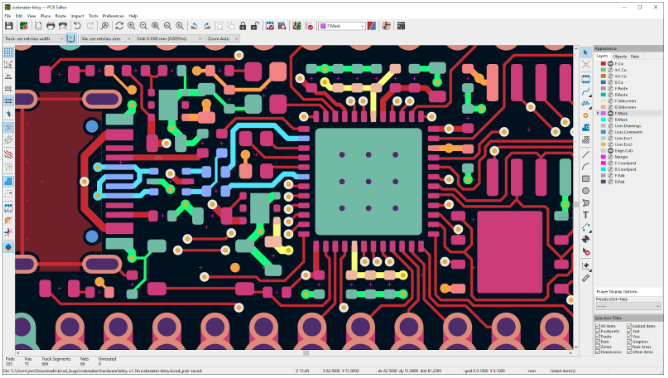

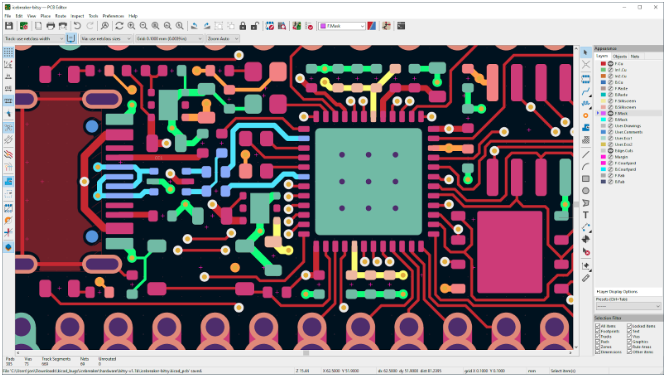

How to create a GBR file?
To create a GBR file, you will need to use a PCB design software program. Most PCB design software programs can export Gerber files.
The steps involved in creating a GBR file in a PCB design software program will vary depending on the software program. However, the general steps are as follows:
- Create the PCB design in the software program.
- Select the layers that you want to export as Gerber files.
- Export the Gerber files.
Where can I find more information about Gerber files?
Online Gerber viewer can provide you with more information about Gerber files.
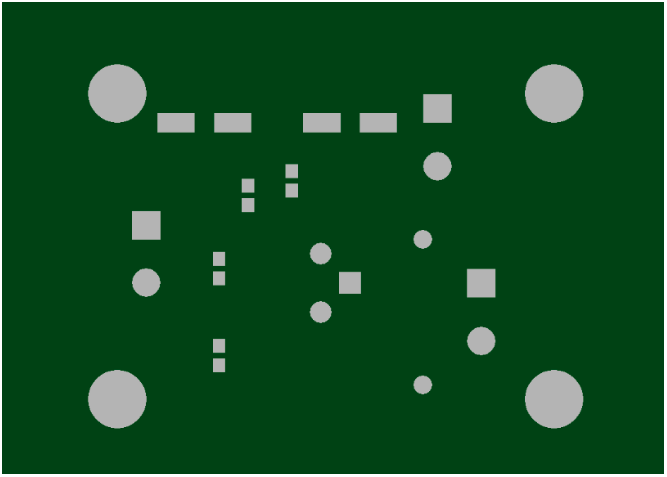

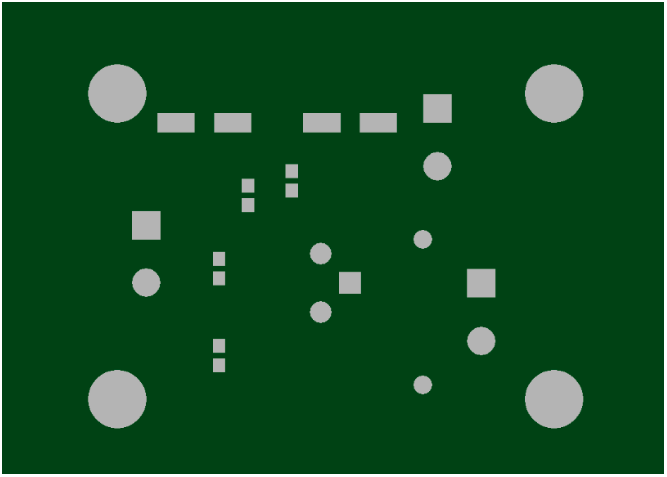

GBR files are an essential part of the PCB design process. By understanding what a GBR file is and how it works, you can ensure that your PCB designs are accurate and ready for manufacturing.






